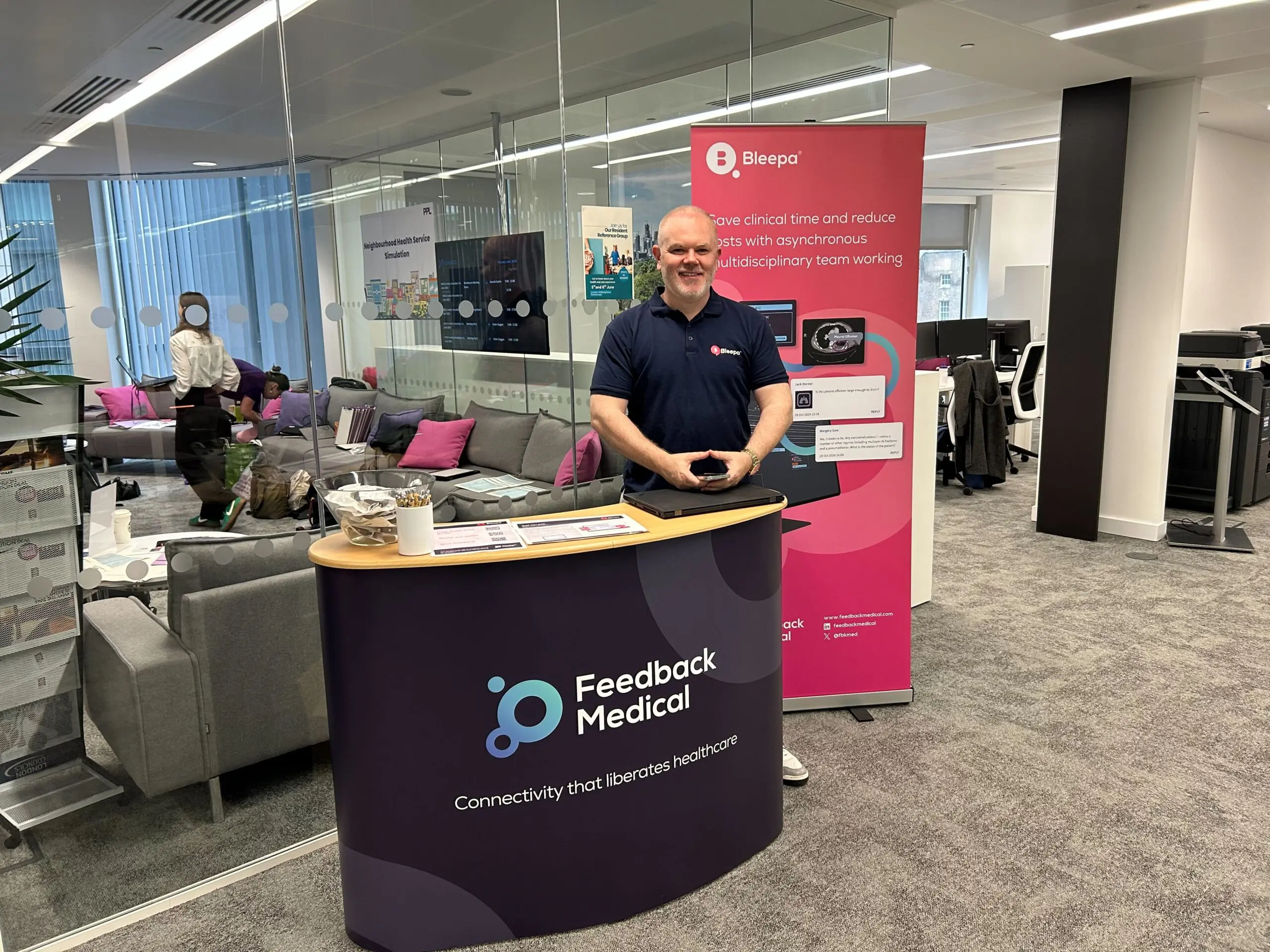London unveiled its plans for a neighbourhood health service in May 2025 with the aim of delivering more integrated and proactive care, moving away from hospital-centric and towards community-based services. This involves strengthening connections between different health and care providers, including GPs, community health services, mental health support, and local authorities.
The goal is to improve health and wellbeing for all Londoners, particularly those with complex needs, by addressing both medical and non-medical factors that impact health.
A community-based healthcare system
The plans and delivery involve many key stakeholders, both from a central and local perspective, to work together including NHS England, the Greater London Authority, London Councils, the Office for Health Improvement and Disparities, integrated care boards and local authorities across all London boroughs and the voluntary sector.
Key aspects of the neighbourhood health service include:
- Integrated care: Bringing together various services to provide coordinated care for people with complex needs.
- Person-centered care: Focusing on individual needs and preferences, rather than a one-size-fits-all approach.
- Community-based care: Shifting care from hospitals to local community settings, including health hubs and community centres.
- Proactive care: Focusing on prevention and early intervention to address health issues before they become crises.
- Improved access to non-clinical support: Making it easier for people to access social care, public health services, and voluntary sector support.
- Data and technology: Utilising data and technology to improve care coordination and access.
- Involving local communities: Engaging residents and community leaders in the design and delivery of services.
The neighbourhood health service is a long-term initiative that will take time to implement fully, but the goal is to create a more integrated, proactive, and community-based healthcare system in London.
Simulating neighbourhood working
To test how a future neighbourhood health service could work in practice, a two-day simulation took place in London, run by PPL, the UK’s leading social enterprise management consultancy, with around 100 participants. The immersive experience brought together health and care professionals, patient and community representatives, and system leaders.
Participants took on roles within a simulated local health and care system, including residents, clinicians, voluntary sector partners, and others, and responded to realistic caseloads, operational pressures, and evolving events. The simulation mirrored the complexity of the real world while providing a safe space to make decisions, test assumptions, and learn together.
The simulation was designed to generate shared insight across four key levels:
- What does effective local working look like? How can integrated neighbourhood teams collaborate to support individuals and populations?
- What systems and relationships enable neighbourhood teams to respond to local needs in real time?
- What levers, enablers, and barriers exist across the broader system, and how do these affect equity, sustainability, and workforce wellbeing?
- What can we learn to shape national policy and implementation guidance for a neighbourhood health service?
By stepping into roles and responding to lived system dynamics, the simulation aimed to test how decisions affect outcomes for individuals and communities, explore how to prioritise when resources are limited, understand what enables or hinders integrated, person-centred care, and build a richer picture of what is needed for neighbourhood working to succeed in reality.
Digital collaboration platform
As part of the improvements to care coordination, neighbourhood teams will need the right digital infrastructure to be able to unite teams and individuals and ensure they can access the same information, collaborate in a shared digital platform and make and receive referrals across services.
We were privileged to join the PPL team and the simulation participants during the two-day experience to provide a demo version of Bleepa® as the connected digital infrastructure to enable greater collaboration and communication. Bleepa® provides the crucial technology layer to facilitate the transition to neighbourhood delivery.
We were able to get invaluable insights into how services might work across health and care providers and how our technology can help to strengthen those connections, provide one view of resident information, capture clinical decision making, and ultimately improve care coordination.
Conclusion
We look forward to sharing more in the future about our learnings from the simulation with our PPL partners and participants.
Dr Tom Oakley, CEO of Feedback Medical, said: “We know from the current challenges of health and care delivery that we need to do things differently, business-as-usual will not work in terms of delivering excellent health and care services with the level of resources that we have as a country. We need to transform the way we think and deliver to improve the health of our neighbourhood populations.
“We are thrilled to see during the simulation that Bleepa® can help to bring stakeholders together around the resident and how greater collaboration can really benefit neighbourhood care with the right tools in place and the enthusiasm and expertise of those involved.”
Simon Morioka and Claire Kennedy, joint Chief Executives of PPL, said ‘It was thrilling to deliver the first ever simulation of the neighbourhood health service along with our colleagues from across the health and care sector. The feedback from everyone taking part has been hugely positive with lots of learnings. There is a positive and optimistic sentiment about the new way of working that this model offers. We’re excited that this has the potential to improve the health of the nation’.
The London neighbourhood health service represents a major shift – from fragmented care to integrated, community-driven support. Successful implementation will depend on strong partnerships, flexible local solutions, and a relentless focus on population health and equity. While ambitious, this transformation is essential – London is ready to lead and, we’re sure, Londoners will be enthusiastic to follow.
Watch Chief Operating Officer Stephen McAteer and Integration and Support Engineer Debbie Mason share their experiences and learnings from the simulation.
